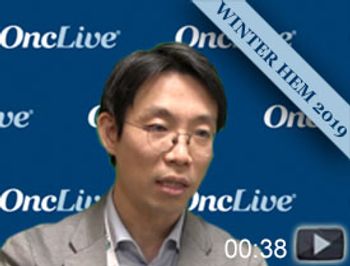
Jae H. Park, MD, discusses a particular challenge he sees in using CAR T-cell therapies in patients with acute myeloid leukemia.

Your AI-Trained Oncology Knowledge Connection!


Jae H. Park, MD, discusses a particular challenge he sees in using CAR T-cell therapies in patients with acute myeloid leukemia.
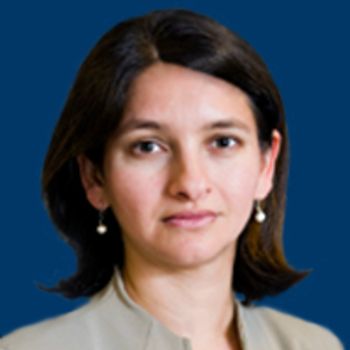
B-cell maturation antigen-specific chimeric antigen receptor T-cell therapy is delivering impressive results in multiple myeloma, demonstrating durable responses and acceptable toxicities.
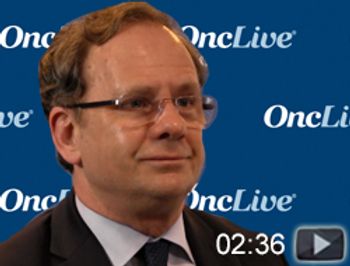
Andre Goy, MD, chairman and director, chief of Lymphoma, and director of Clinical and Translational Cancer Research at John Theurer Cancer Center, discusses marginal zone lymphoma.
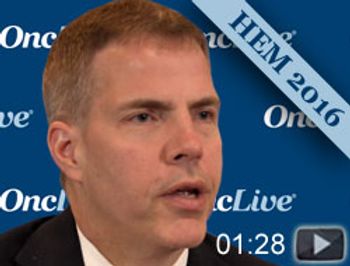
John Byrd, MD, director of the Division of Hematology, Ohio State University Comprehensive Cancer Center, Arthur G. James Cancer Hospital and Richard J. Solove Research Institute, discusses the RESONATE 2 study, which looked at ibrutinib versus chlorambucil in patients with treatment-naïve chronic lymphocytic leukemia (CLL).
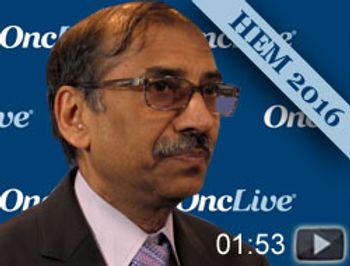
Sundar Jagannath, MD, professor of Medicine, Hematology and Medical Oncology, Mount Sinai Hospital, discusses upcoming agents in multiple myeloma.

Targeted agents, particularly ibrutinib and idelalisib, are becoming increasingly important in the treatment of chronic lymphocytic leukemia, and have replaced chemotherapy in many settings.

Chimeric antigen receptor-modified T-cell therapies have demonstrated durable complete responses for patients with relapsed/refractory B-cell acute lymphoblastic leukemia; however, several questions remain regarding their optimal use and applicability outside of this disease.
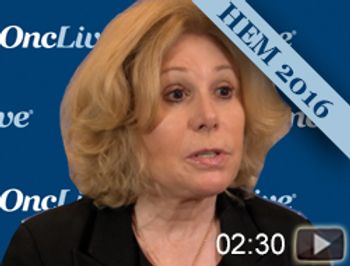
Susan O’Brien, MD, Associate Director for Clinical Science for the Chao Family Comprehensive Cancer Center and Medical Director of the Sue and Ralph Stern Center for Cancer Clinical Trials and Research, UC Irvine Health, discusses upcoming agents in chronic lymphocytic leukemia (CLL).
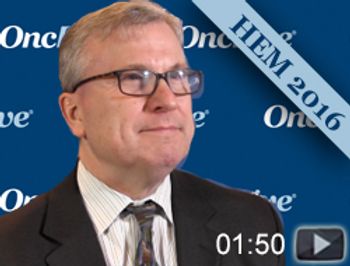
John Leonard, MD, medical oncology, at Weill Cornell Medicine and NewYorkPresbyterian Hospital, discusses follicular lymphoma treatment considerations. Treatment options include rituximab and bendamustine, which have been around for sometime, as well as newer agents like obinutuzumab, says Leonard.

Extended follow-up data continue to demonstrate the efficacy and tolerability of ibrutinib in previously treated patients with chronic lymphocytic leukemia, including those with high-risk gene mutations and prognostic features.
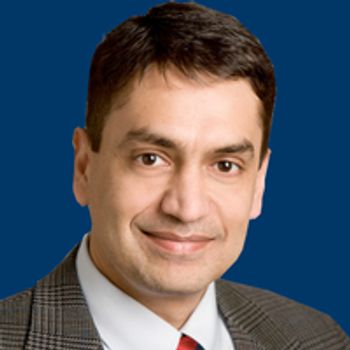
Immuno-oncology has advanced rapidly, with the introduction of immune checkpoint inhibition and effective adoptive T-cell therapies. As these agents rush through development, several questions remain regarding the optimal patients for treatment and the next steps for further improving outcomes.

With the R-CHOP chemotherapy regimen considered the backbone of therapy for treatment-naïve patients with non-Hodgkin lymphoma, researchers are now delving further into the genome to pave the way for therapeutic improvements.
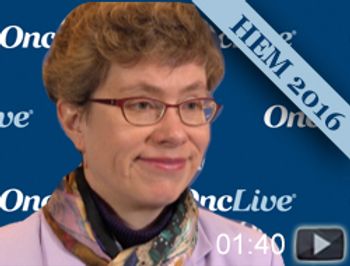
Jennifer Brown MD, PhD, Director, Chronic Lymphocytic Leukemia Center, Senior Physician, Associate Professor of Medicine, Harvard Medical School, Dana Farber Cancer Institute, discusses RESONATE 2 and frontline ibrutinib use in patients with chronic lymphocytic leukemia (CLL).
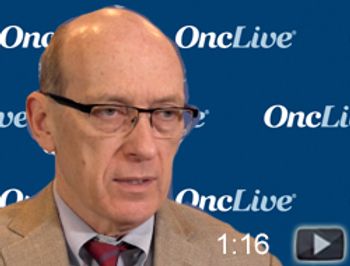
Michael E. Williams, MD, ScM, Byrd S. Leavell Professor of Medicine and Professor of Pathology, University of Virginia Health System, discusses frontline lenalidomide (Revlimid) and rituximab (Rituxan) in mantle cell lymphoma (MCL).

A multitude of PI3K and BTK inhibitors are currently in development that offer distinct advantages over existing treatments for patients with relapsed chronic lymphocytic leukemia.
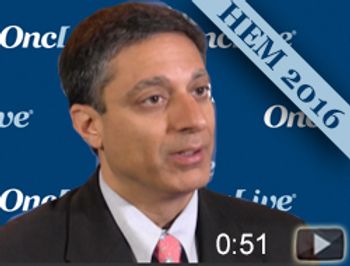
Sagar Lonial, MD, professor and chair, department of Hematology & Medical Oncology, Emory University School of Medicine, Chief Medical Officer, Winship Cancer Institute of Emory University, discusses treatment for smoldering multiple myeloma.
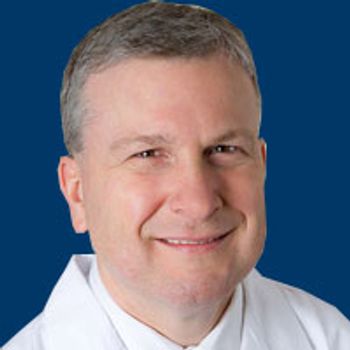
A host of novel agents are on the horizon that could further improve the long-term outcomes experienced by patients with follicular lymphoma, particularly those with relapsed or refractory disease.
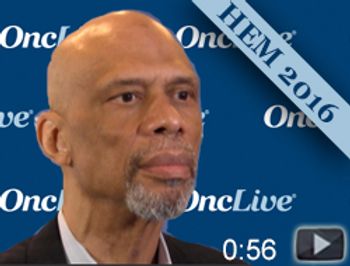
Kareem Abdul-Jabbar, retired NBA player for the Milwaukee Bucks and the Los Angeles Lakers, discusses his experience with chronic myeloid leukemia‎ (CML) at the 20th Annual International Congress on Hematologic Malignancies: Focus on Leukemias, Lymphomas and Myeloma, held March 18.
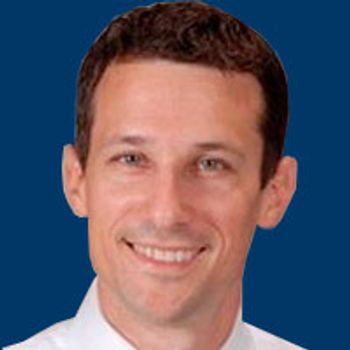
Frontline treatment with ibrutinib reduced the risk of progression or death by 84% compared with single-agent chlorambucil for elderly patients with chronic lymphocytic leukemia and small lymphocytic lymphoma.
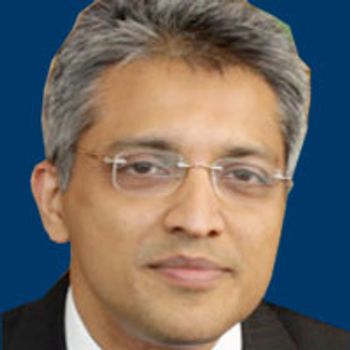
Shaji Kumar, MD, discusses how the phase III SWOG S0777 study, which investigated the combination of bortezomib (Velcade), lenalidomide (Revlimid), and dexamethasone, significantly changed the frontline treatment paradigm for patients with multiple myeloma
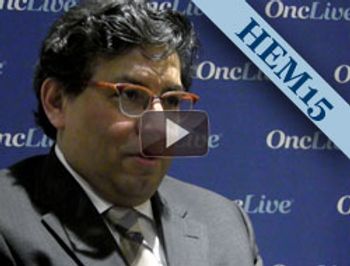
Eduardo Sotomayor, MD, the Susan and John Sykes Endowed Chair in Hematologic Malignancies at Moffitt Cancer Center, discusses the future of personalized medicine in lymphoma.

Cytogenetic and molecular data are becoming increasingly important in the individualization of treatment for patients of acute myeloid leukemia, according to a presentation by Stefan Faderl, MD, at the 2015 International Congress on Hematologic Malignancies.
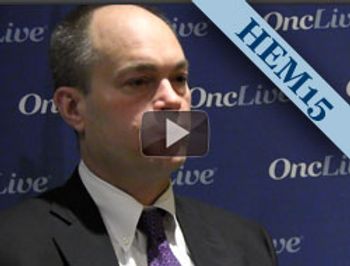
William G. Wierda, MD, PhD, medical director of the Leukemia Center at The University of Texas MD Anderson Cancer Center in Houston, discusses the different standard frontline therapies for patients with chronic lymphocytic leukemia.

The treatment landscape for acute lymphoblastic leukemia (ALL) is changing, pointing to promising new approaches clinicians can use in practice.

Jeffrey Jones, MD, presented evidence supporting the integration of obinutuzumab, ibrutinib, ofatumumab, and idelalisib into the frontline setting for patients with chronic lymphocytic leukemia.

Although treatments and cure rates have increased significantly over the past 60 years for patients with Hodgkin lymphoma, it is crucial that practitioners stay up-to-date on research that can affect outcomes for their patients with this uncommon form of cancer.

Standard chemotherapy remains part of the treatment paradigm for patients with chronic lymphocytic leukemia but its role is undergoing a major shift as significant advances are being made in novel therapies.
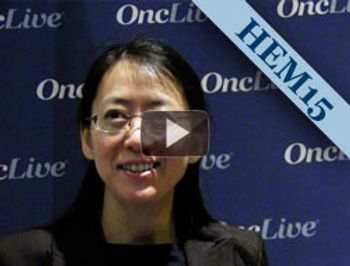
Shuo Ma, MD, PhD, assistant professor at Northwestern University in the Robert H. Lurie Comprehensive Cancer Center discusses advances in non-chemotherapy regimens for patients with hematologic malignancies.

The treatment options for patients with relapsed/refractory multiple myeloma are expanding rapidly, notably through clinical trial evidence supporting a number of three-drug combination regimens, according to Sundar Jagannath, MD.

The indolent nature of follicular lymphoma and the range of treatment options currently available or in development may create complicated questions regarding how to best use and sequence these therapies.